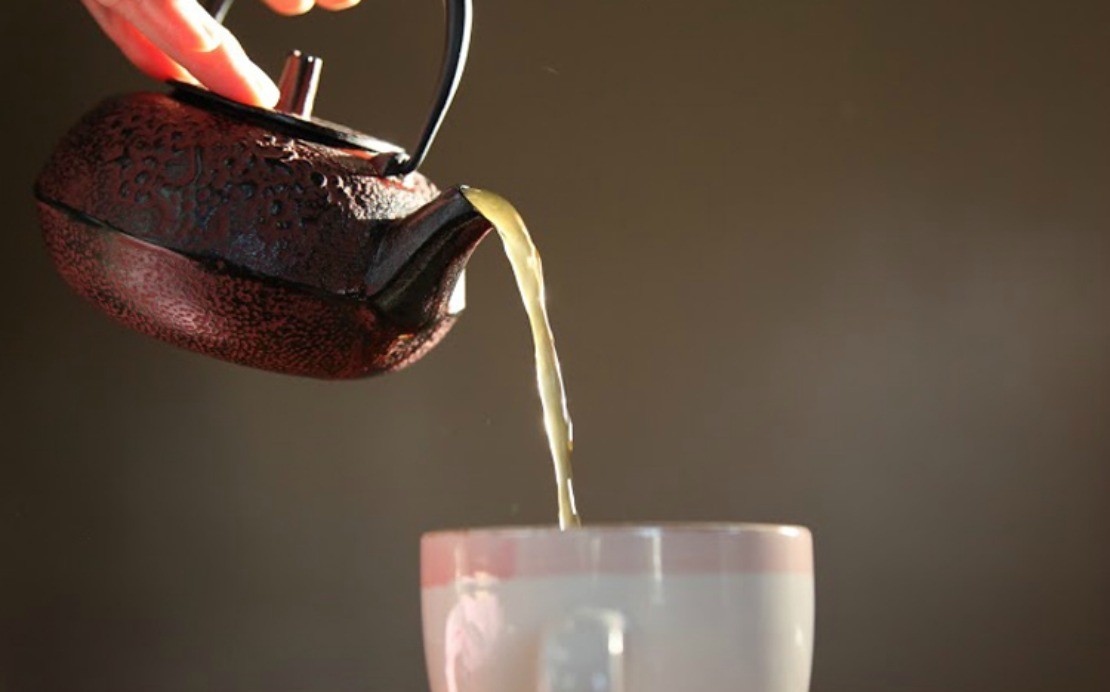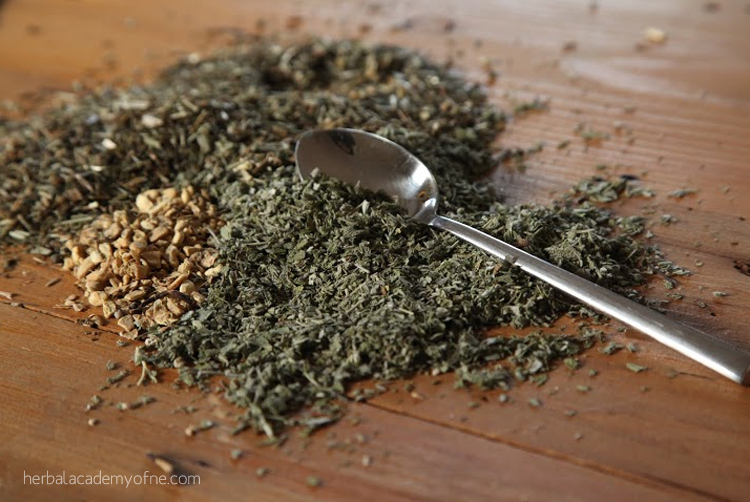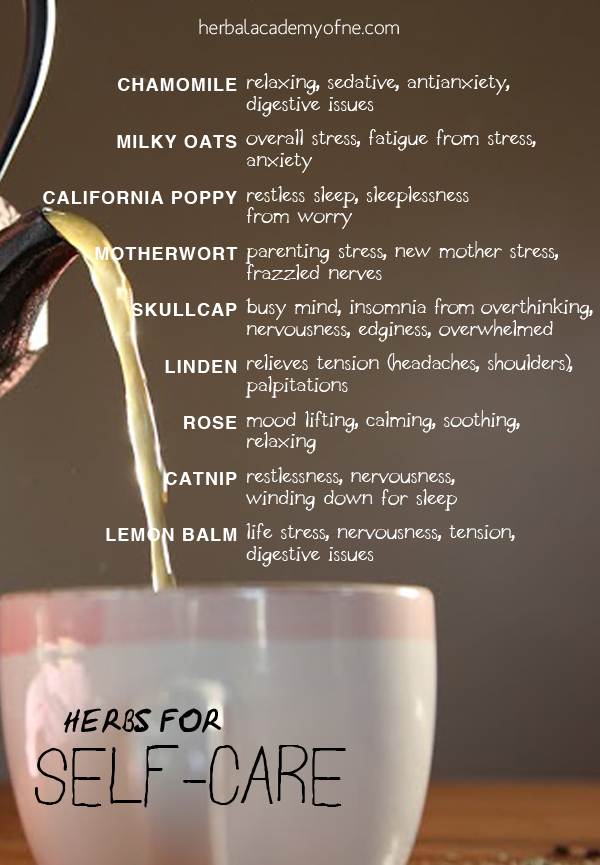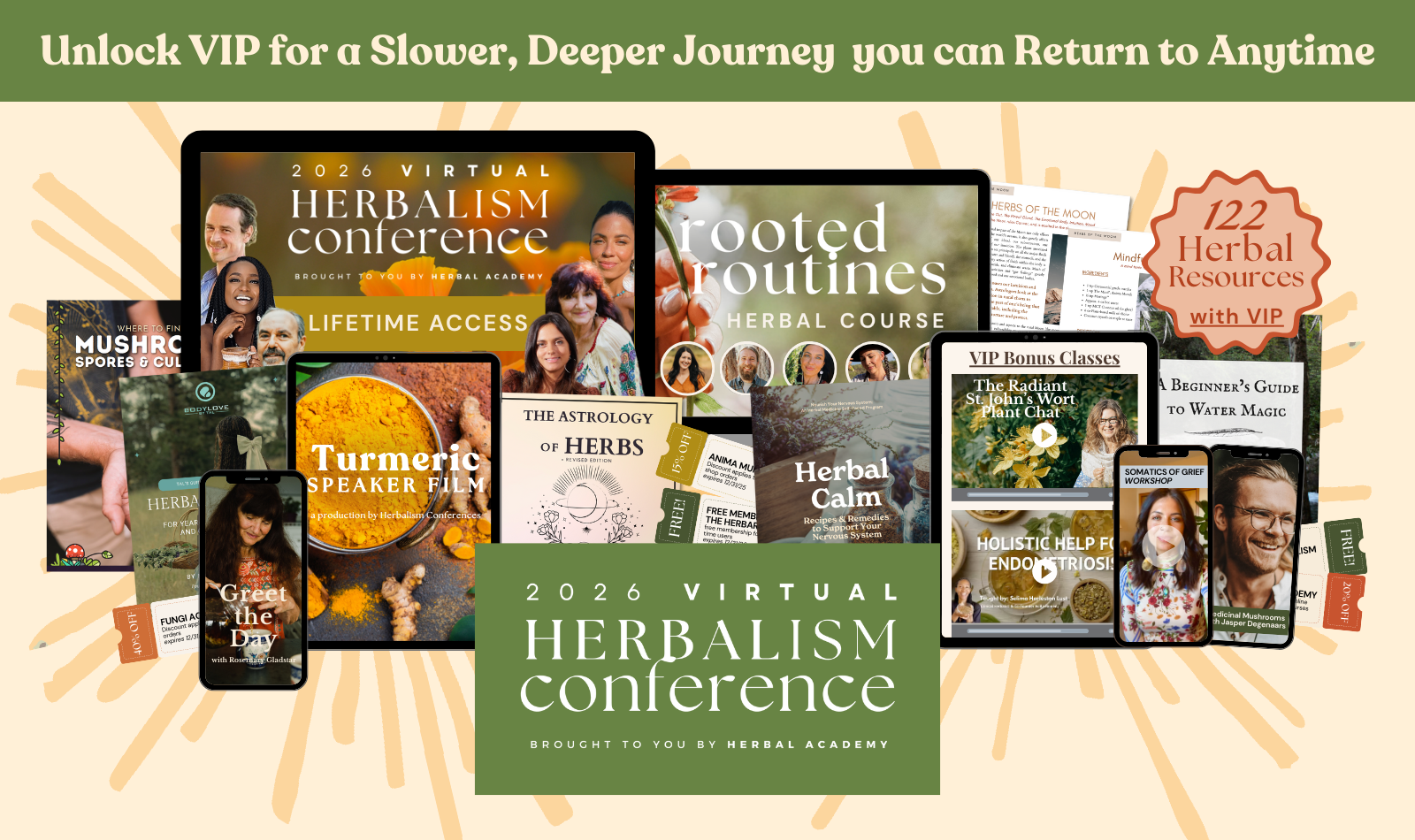
Taking Time for Self-Care
Our world is moving quickly. Many of us have very little down time and lots of pressure to constantly perform at a high level. We need to have a great career, be in the best shape, and have a fabulous marriage. Our kids need to be academic geniuses, athletically gifted, and get into Ivy League colleges. Having the latest designer clothing and the most expensive car we can afford (or not) proves our success. We then post it all on Facebook so we can compare ourselves to each other.
In reality, our job isn’t the dream we thought it would be, and we are working long hours. Our second job as parents includes shuttling kids all over town and finding time to cook and eat dinner.
What can all this frenzy lead to? Stress. We are frazzled, rushed, and trying to do it all. As a result of all this stress we can experience weight gain, anxiety, fatigue, depression, and digestive issues. The physical symptoms of stress become normal and the doctor prescribes medication. Long term chronic stress can lead to heart disease, high blood pressure, diabetes, and other serious illness.
Even though we cannot completely eliminate stress from our lives, the good news is that there are better ways of coping with stress in order to reduce the effects on our health. Self-care is essential for your physical and mental health and well-being. Self-care is at the bottom of the list for most women, giving way to the mother, wife and any other role that needs to be filled. So how do you keep up?
Self-Care Actions
Start with Diet and Exercise
Simply put, our diet needs to consist of whole foods, organic or locally grown when possible. We need to eliminate or minimize processed food and sugar as much as we can from our diet.
Move your body every day. If you are into Cross Fit or going hard core at the gym, that’s phenomenal. There are other options though. The trick is finding something that you love doing like Zumba, yoga, or hiking. Walk with a friend and have great conversation. Walk on the beach. Walk the dog, or jam out to some great music. It will rock your body and your soul.
Sing
I bought myself an inexpensive Bluetooth speaker for the shower. I learned two things – I have an awful voice, and singing in the shower makes me really happy. I add a couple drops of lemon (Citrus limon) essential oil to the shower floor and inhale deeply. It really brightens my day.
Aromatherapy
Aromatherapy can be highly effective for stress reduction and is easy to incorporate into your everyday life.
I add a few drops of EO to a cotton ball and put the cotton ball in my heating vent in my car. Lemon is great for anxiety, refreshing, rejuvenating and uplifting. These little things start my day off right and make my commute much calmer.
- Add one cup of Epsom salt and 2-3 drops of lavender essential oil diluted in a carrier oil to a hot bath. Relax, sit back, and light some candles
- Diffuse essential oils in your bedroom
- Lavender – for relaxation, insomnia and headaches
- Clary sage – for exhaustion, anxiety and tension. Very calming
- Sweet orange (Citrus sinensis) – refreshing, cheerful, and nourishing
- Patchouli – anxiety, mood swings, centering and grounding
- Add a drop of lavender to two tablespoons of olive oil. Massage for muscle soreness and on temples for headaches (keep away from eyes) or tension relief after a long day.
If you are looking for a place to purchase quality essential oils, we recommend Mountain Rose Herbs. Here’s their selection.
Make a Tulsi/Holy Basil Tincture
Holy basil, also known as tulsi, is an adaptogenic herb that works to keep the body in balance. It can increase energy and is often used for chronic fatigue. Used regularly, it has shown to be very effective in dealing with life’s aggravating daily stressors, as well as the stress of traumatic life events. A typical tincture dose is 2-4 mL, 3X per day. Want to learn more about tinctures? Read our article here.

Try Herbal Tea
Teas offer additional benefits when treating stress. Making tea, inhaling the aromas and slowing down to sit and drink the tea enhance the experience and the actions of the herbs. Try using a single herb tea first so you can feel the effects and get to know the herb and its effects. You can then get creative. Use the chart below and pick the herbs based on what you are feeling. This is a quick overview, but for a more in depth understanding of herbs, you can learn more in either the Introductory Herbal Course or Intermediate Herbal Course.
|
HERB |
USES |
|
chamomile (Matricaria recutita) |
relaxing, sedative, antianxiety, digestive issues |
|
milky oats (Avena sativa) |
overall stress, fatigue from stress, anxiety |
|
california poppy (Eschscholzia californica) |
restless sleep, sleeplessness from worry |
|
motherwort (Leonurus cardiaca) |
parenting stress, new mother stress, frazzled nerves |
|
skullcap (Scutellaria laterifolia) |
busy mind, insomnia from overthinking, nervousness, edginess, overwhelmed |
|
linden (Tillia Americana) |
relieves tension (headaches, shoulders), palpitations |
|
rose (Rosa rugosa) |
mood lifting, calming, soothing, relaxing |
|
catnip (Nepeta cataria) |
restlessness, nervousness, winding down for sleep |
|
lemon balm (Melissa officinalis) |
life stress, nervousness, tension, digestive issues |
Start by using chamomile or milky oats as a base, then pick and choose other herbs from the chart. Use two parts of the base herb and then add one part of the additional herbs. Sweeten to taste with honey if desired. Sip and relax.

The secret of health for both mind and body is not to mourn for the past, not to worry about the future, or not to anticipate troubles, but to live the present moment wisely and earnestly.
– Buddha
Ellen Demotses is an aromatherapist, and a TCM and Western herbalist. She is a member of the American Botanical Council and the American Herbalists Guild and is developing a natural skincare line.








